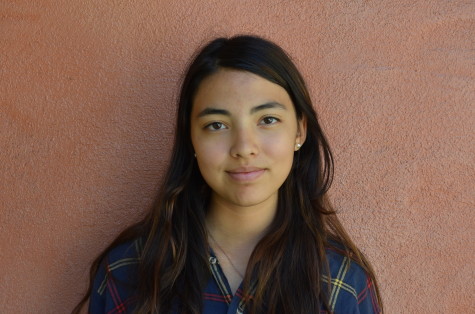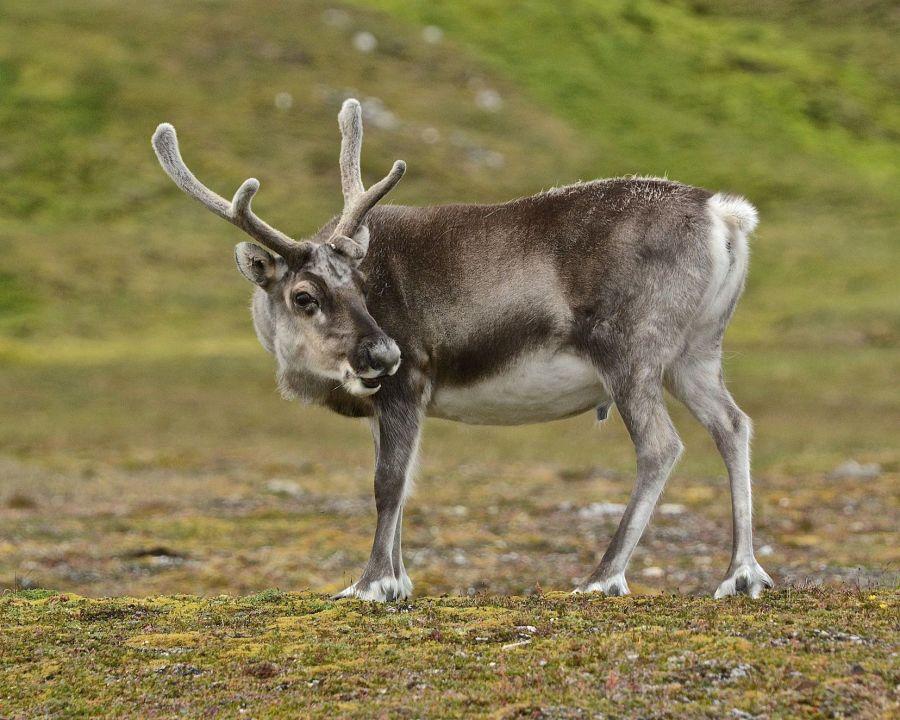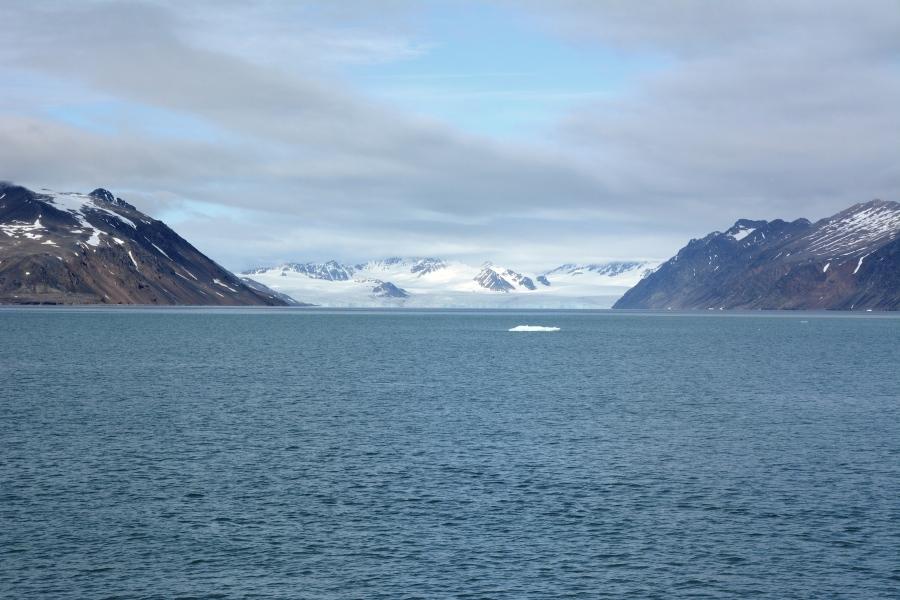Arctic trip to provide biology, photography experience
Chetty and Martinez to chaperone trip to Artic
11 freshmen, sophomores, and juniors will be given the opportunity to embark on a two-week joint biology and photography school trip to the Arctic for the first time in school history this summer from July 14 to July 29.
Students will be able to choose between a focus on either photographing the people, nature, and landscape or studying the climate change and biology of the as they travel to the Svalbard Islands, Greenland and Iceland on a research vessel.
Science department chair Anita Chetty planned the trip after having gone to the Arctic this past summer.
“Once I had seen it, the beauty of this place, and knowing that it could all disappear in about 50 years, I became very concerned about how I could show Harker students what I had seen and understand what I had come to understand,” she said.
The trip will be co-chaperoned by photography teacher Joshua Martinez who will provide guidance to the students who choose to focus on photography during the trip.
To get to where the group will catch their ship, they will fly from San Francisco to Oslo, Norway where they will spend one day and the night at the hotel where the Nobel Peace Prize is announced each year. From there, they will fly to the Svalbard Archipelago, from where they will embark on their nautical journey.
In contrast to the Tanzania trip, which focused heavily on philanthropy and understanding African culture, the Arctic trip will focus more on the earth and environment.
“This trip is very focused on understanding climate change,” Chetty said. “It has a very ecological theme to it. Although there will still be data collection, lectures and an opportunity to speak with the indigenous people, the focus is not on human health as much as on the planet’s health.”
Chetty felt that this trip would provide a different type of research opportunity to students.
“We hope to understand the impact that climate change is having on marine life, on indigenous people’s lives,” she said.
Students who have been chosen for the trip will have their first info session in the coming week.
This piece was originally published in the pages of The Winged Post on October 17, 2014.

Vivian Isenberg, a senior, is the Humor & Satire editor on Harker Aquila. She was a member of the yearbook staff her freshman year and has been on...

Justin Su (11) is the Aquila sports columnist. He has been a part of the journalism program since his freshman year. He hopes to bring his passion for...


















![“[Building nerf blasters] became this outlet of creativity for me that hasn't been matched by anything else. The process [of] making a build complete to your desire is such a painstakingly difficult process, but I've had to learn from [the skills needed from] soldering to proper painting. There's so many different options for everything, if you think about it, it exists. The best part is [that] if it doesn't exist, you can build it yourself," Ishaan Parate said.](https://harkeraquila.com/wp-content/uploads/2022/08/DSC_8149-900x604.jpg)




![“When I came into high school, I was ready to be a follower. But DECA was a game changer for me. It helped me overcome my fear of public speaking, and it's played such a major role in who I've become today. To be able to successfully lead a chapter of 150 students, an officer team and be one of the upperclassmen I once really admired is something I'm [really] proud of,” Anvitha Tummala ('21) said.](https://harkeraquila.com/wp-content/uploads/2021/07/Screen-Shot-2021-07-25-at-9.50.05-AM-900x594.png)







![“I think getting up in the morning and having a sense of purpose [is exciting]. I think without a certain amount of drive, life is kind of obsolete and mundane, and I think having that every single day is what makes each day unique and kind of makes life exciting,” Neymika Jain (12) said.](https://harkeraquila.com/wp-content/uploads/2017/06/Screen-Shot-2017-06-03-at-4.54.16-PM.png)








![“My slogan is ‘slow feet, don’t eat, and I’m hungry.’ You need to run fast to get where you are–you aren't going to get those championships if you aren't fast,” Angel Cervantes (12) said. “I want to do well in school on my tests and in track and win championships for my team. I live by that, [and] I can do that anywhere: in the classroom or on the field.”](https://harkeraquila.com/wp-content/uploads/2018/06/DSC5146-900x601.jpg)
![“[Volleyball has] taught me how to fall correctly, and another thing it taught is that you don’t have to be the best at something to be good at it. If you just hit the ball in a smart way, then it still scores points and you’re good at it. You could be a background player and still make a much bigger impact on the team than you would think,” Anya Gert (’20) said.](https://harkeraquila.com/wp-content/uploads/2020/06/AnnaGert_JinTuan_HoHPhotoEdited-600x900.jpeg)

![“I'm not nearly there yet, but [my confidence has] definitely been getting better since I was pretty shy and timid coming into Harker my freshman year. I know that there's a lot of people that are really confident in what they do, and I really admire them. Everyone's so driven and that has really pushed me to kind of try to find my own place in high school and be more confident,” Alyssa Huang (’20) said.](https://harkeraquila.com/wp-content/uploads/2020/06/AlyssaHuang_EmilyChen_HoHPhoto-900x749.jpeg)




